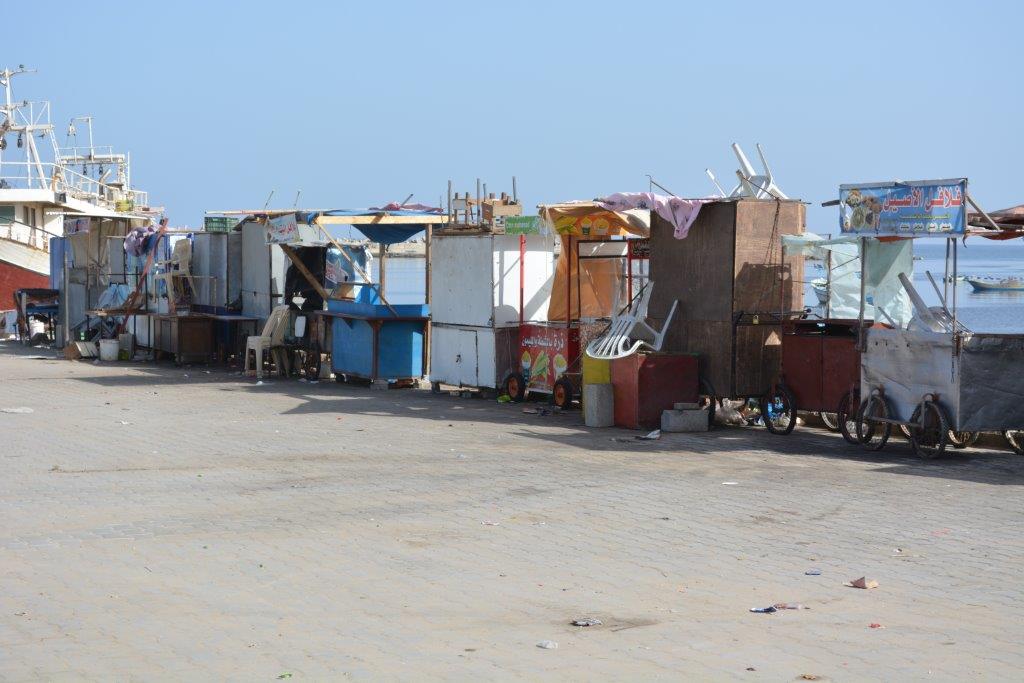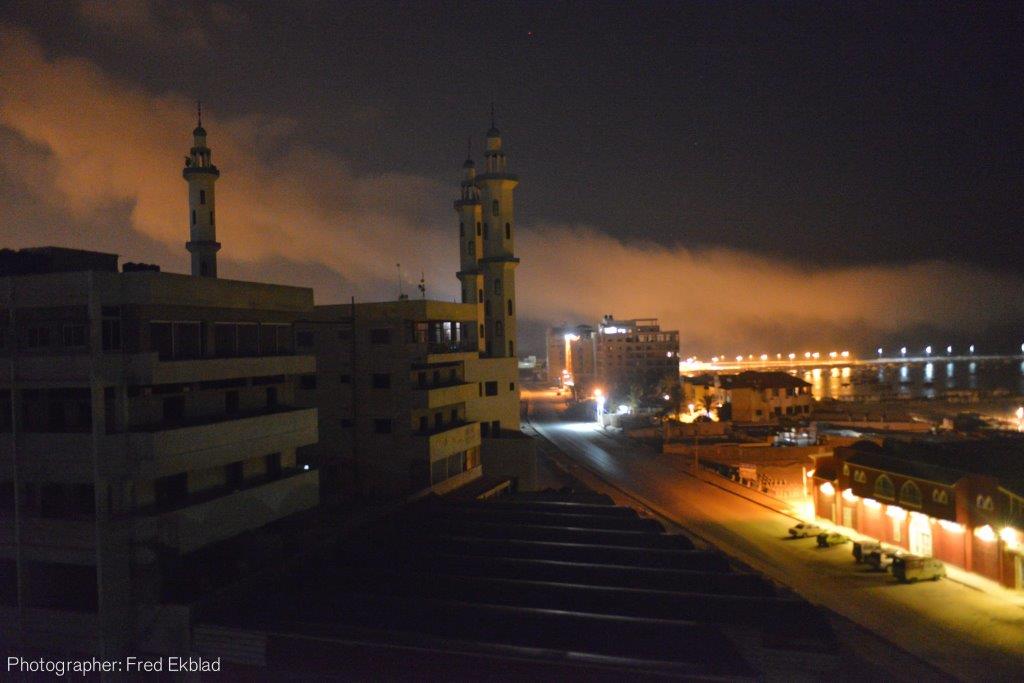Tag: Air Strike
-
Israeli forces engaged in punitive destruction of homes in the Gaza Strip
10th July 2014 | Palestinian Center for Human Rights | Occupied Palestine The Palestinian Centre for Human Rights (PCHR) is strongly concerned by Israel’s conduct of its offensive on the Gaza Strip, and in particular by the widespread punitive targeting of homes belonging to members of Hamas and Islamic Jihad. In recent days, the Israeli air force has…
-
Journal from Gaza: Ghost town
10th July 2014 | International Solidarity Movement, Charlie Andreasson | Gaza, Occupied Palestine The entrance to the harbour was yesterday blocked for cars and other vehicles, but it was no problem to enter by foot. No one tried to stop me; there was no one there to stop me. The sentry box, where the police…
-
Politics in Gaza
9th July 2014 | International Solidarity Movement, Charlie Andreasson | Gaza, Occupied Palestine I wake up after a night shattered by rocket launches, airstrikes, and flyovers, to sparrows friendly twittering, seemingly unconcerned by the drones swarming overhead. No explosions have been heard since five o’clock in the morning, almost four hours ago. The sun shines…



